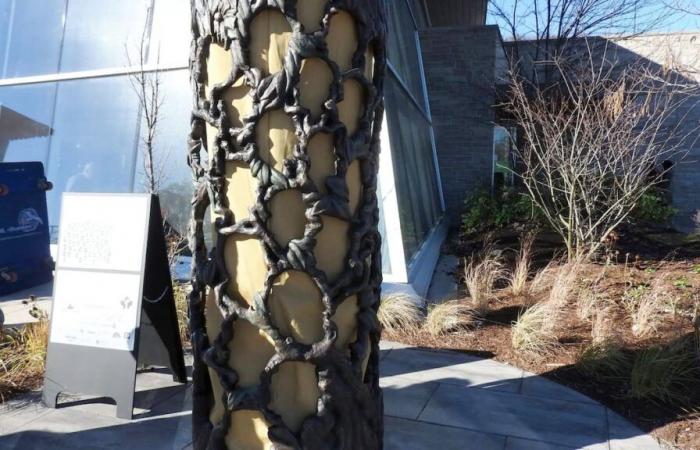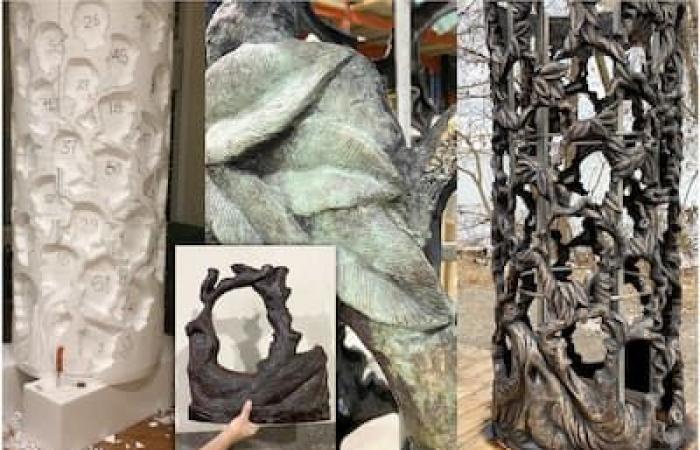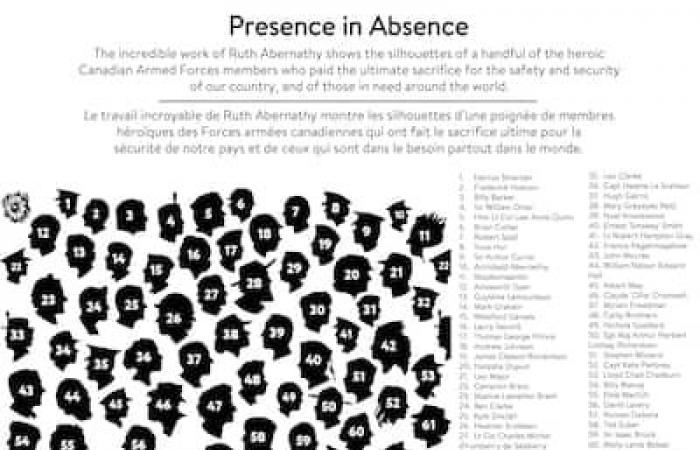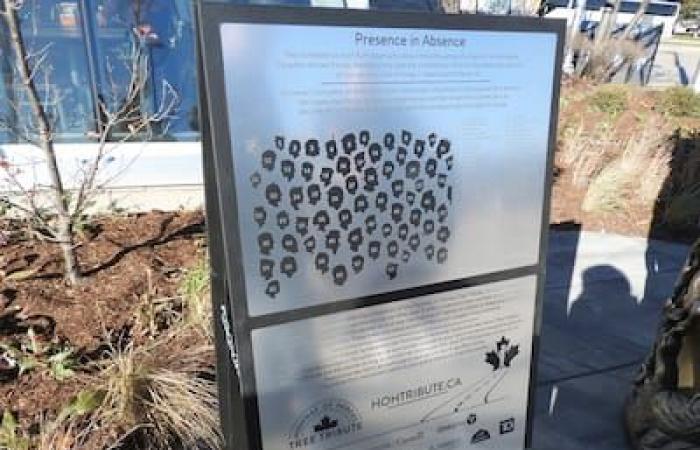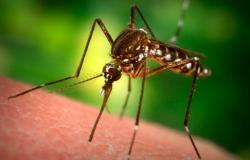OTTAWA | A new work to honor soldiers who died in combat contains a monumental error: not only did most not die at the front, but a handful of them are alive, like General Roméo Dallaire.
Retired Quebec captain Hélène Le Scelleur is outraged. Very much alive at the end of the line, the former soldier appears on this cylindrical bronze monument entitled Presence in absence (Presence in absence).
Former Captain Hélène Le Scelleur during her deployment to Afghanistan. Still alive, she is one of the 67 profiles that appear on the monument in honor of soldiers who died in service.
Photo provided by Hélène Le Scelleur
“It’s incredible. […] “Not only am I embarrassed to have my name associated with this because I really didn’t die, but it makes me angry for all those who have lost their lives in service,” she said in an interview.
The “ultimate sacrifices”
The Department of Veterans Affairs provided $3M for the completion of the $10M project called the “Highway of Heroes”, which made it possible to plant 2.5 million trees in honor of military personnel on the section of the Highway 401 connecting Base Trenton to Port Hope, Ontario.
Two copies of the monument Presence in absence were installed in these two villages with a plaque to salute “a handful of heroic members of the Canadian Armed Forces who made the ultimate sacrifice for the security of our country and those in need around the world”.
The detail of the artistic process in three images.
Photo provided by Luc Désilets
However, among the 67 soldiers whose profile is immortalized in bronze, only twenty made the “ultimate sacrifice”, four never even wore the uniform and twelve are still very much alive.
“There was immense irregularity in this whole process. Who chose these names? How? What is the verification process? It looks very bohemian,” says Hélène Le Scelleur, recently alerted by her friend Lee-Anne Quinn, a former lieutenant-colonel who also appears there.
Former Lieutenant General Roméo Dallaire did not want to comment.
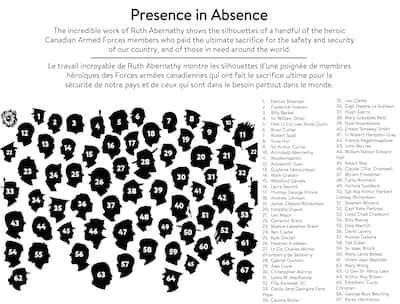
The profiles of the 67 soldiers as well as the corresponding names as represented on the sculpture. Only 20 of the named soldiers died in service, while 12 are still alive and four never wore uniform.
Courtesy photo
The ultimate “dishonor”
No one among the military and politicians present at the inauguration in November 2022 pointed out the fault. And neither Hélène Le Celleur nor the other undead she knows were invited or even informed of the initiative at the time.
“Even the families of the twenty people who were correctly named on the monument do not appear to have been notified. I find it a huge lack of respect,” said the veteran.
Deployed in former Yugoslavia and Afghanistan before working alongside the Governor General, she knew soldiers who lost their lives and who could have deserved the honor in her place, she maintains.
Ottawa promises to shed light
Bloc MP Luc Desilets took up the matter. At the parliamentary committee on Veterans Affairs on Monday, he reported the “frustration of veterans” after delving into the issue in recent weeks. It demands accountability.
“It’s a major error, I think, and the request would obviously be that an apology be presented to these people,” he told the federal Minister of Veterans Affairs, Ginette Petitpas Taylor, who promised to shed light.
A deputy minister said he had received “a few complaints” in connection with this story and had contacted the organizations responsible for the work.
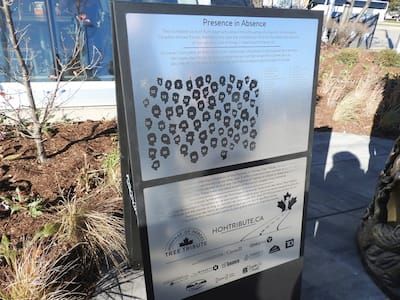
The commemorative plaque which accompanies the bronze monument. She explains that the work is made to salute “a handful of heroic members of the Canadian Armed Forces who made the ultimate sacrifice for the security of our country and those in need around the world.”
Photo Zach McGibbon/Quinte News
Do you have any information to share with us about this story?
Write to us at or call us directly at 1 800-63SCOOP.

